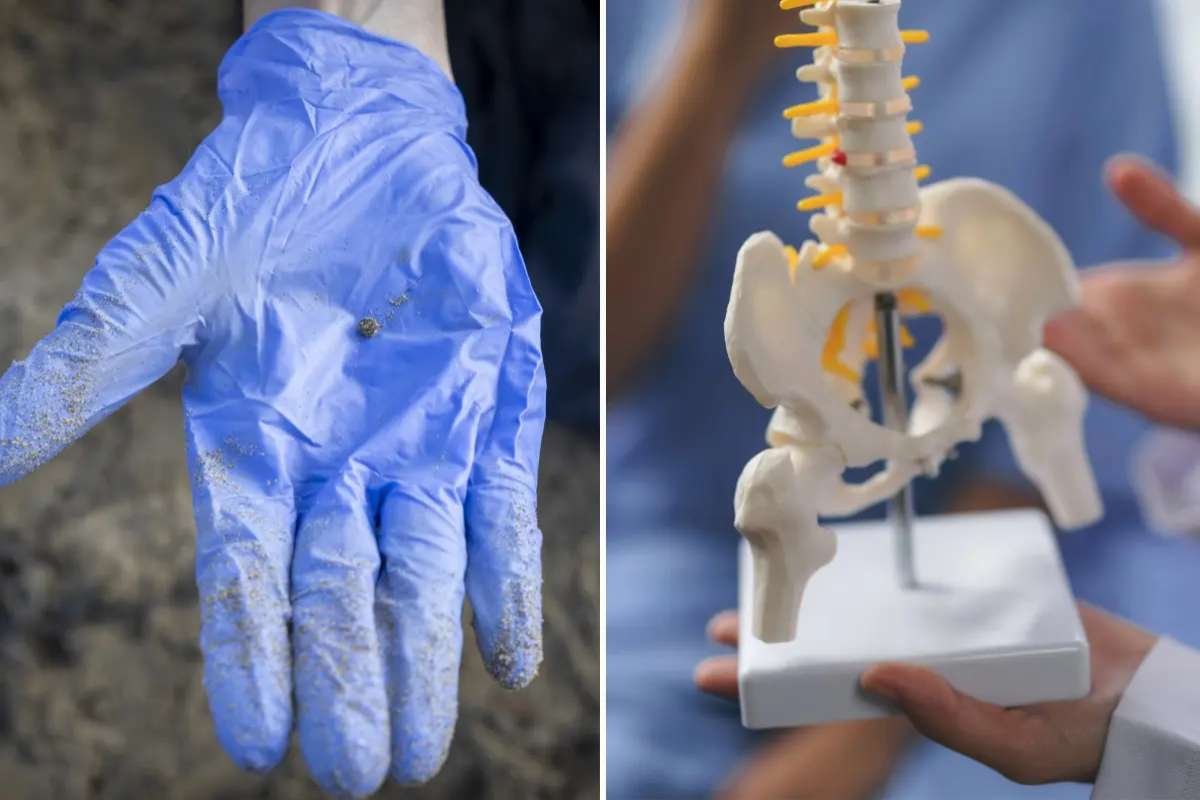Did you know last year 6000 pharmaceutical crime incidents were recorded for selling duplicate medicines? In such an environment it becomes tough for patients, healthcare workers, or caregivers to differentiate which medical suppliers they should trust and which ones not. This article will help you learn how to analyze the quality of medical supplies, where to find them, and their significance.
Significance of Quality Medical Supplies
Medical supplies encompass a broad range of products essential for diagnosis, treatment, and patient care across different healthcare settings. From everyday items like bandages and thermometers to specialized equipment such as oxygen concentrators and mobility aids, the quality of these supplies directly influences patient comfort, safety, and treatment outcomes. Choosing reliable and certified medical supplies ensures effective healthcare delivery and promotes better health management practices.
Where to Find Affordable Medical Supplies?
1. Online Medical Supply Retailers
Online platforms have revolutionized the accessibility of medical supplies, offering a vast array of products at competitive prices. Websites like Amazon, Allegro Medical, and Vitality Medical provide convenience and a wide selection, often accompanied by customer reviews and detailed product descriptions. This accessibility makes online retailers ideal for purchasing everything from wound care products to durable medical equipment.
Advantages: Online retailers offer a wide selection, competitive pricing, and the convenience of doorstep delivery. Customer reviews and detailed descriptions help in making informed decisions.
Considerations: Shipping costs and return policies vary; ensure products meet necessary quality standards.
2. Local Pharmacies and Drugstores
Many local pharmacies stock basic medical products such as first aid kits, diabetic care products, and over-the-counter medications. Pharmacies offer the advantage of personalized service and immediate access to essential items, making them convenient for urgent healthcare needs.
Advantages: Convenience, personalized service, immediate availability for urgent needs.
Considerations: Limited selection compared to specialty stores, potential pricing variations.
3. Medical Supply Stores
Specialty medical supply stores cater to diverse healthcare needs, offering a comprehensive range of products that may not be readily available elsewhere. These stores typically employ knowledgeable staff who can guide them in selecting the right supplies based on specific medical requirements.
Advantages: Specialized products, expert advice, potential for customization.
Considerations: Higher prices for specialized items, accessibility depending on location.
4. Wholesale Clubs and Retailers
Membership-based wholesale clubs like Costco and Sam’s Club often carry medical products in bulk at discounted prices. This option is advantageous for healthcare facilities, caregivers, or individuals with ongoing medical needs who benefit from buying in larger quantities.
Advantages: Bulk discounts, and cost savings for frequent users.
Considerations: Membership fees, storage space for bulk purchases, and limited variety compared to specialty stores.
5. Manufacturer Direct:
Purchasing medical products directly from manufacturers can sometimes result in cost savings, especially for specialized equipment or newly released products. Direct purchases may offer access to the latest advancements in medical technology and personalized customer support.
Advantages: Potential cost savings, access to new products, and direct support from manufacturers.
Considerations: Minimum order quantities, shipping logistics, warranty, and support policies.
6. Medical Equipment Rental Services:
For temporary medical needs such as post-surgery recovery or mobility assistance, renting equipment like wheelchairs, hospital beds, and respiratory aids can be a cost-effective alternative to purchasing outright. Rental services often include delivery, setup, and maintenance, providing convenience and flexibility.
Advantages: Cost-effective for short-term needs, no long-term commitment, maintenance included.
Considerations: Rental fees over time, availability of specific equipment models, and insurance coverage.
7. Government Programs and Assistance:
Certain government programs, nonprofit organizations, and community health centers offer assistance or subsidies for medical products. These programs are designed to support individuals with limited financial resources or specific healthcare needs, ensuring equitable access to essential healthcare resources.
Advantages: Financial assistance, subsidized prices, and inclusive healthcare access.
Considerations: Eligibility criteria, application processes, availability of specific supplies.
10 Tips for Finding Quality Medical Supplies:
- Check Product Reviews: Before purchasing medical products online or from a retailer, read customer reviews to gauge product quality, reliability, and user satisfaction.
- Look for Certification: Ensure that medical products meet relevant quality standards and certifications, such as FDA approval for safety and efficacy.
- Compare Prices: Prices for medical products can vary significantly between retailers and online platforms. Comparing prices ensures that you get the best deal without compromising on product quality.
- Consider Insurance Coverage: Some health insurance plans cover certain types of medical supplies. Check with your insurance provider to understand coverage options, reimbursement processes, and any necessary documentation.
- Bulk Purchase Discounts: Buying medical supplies in bulk or through wholesale channels often results in lower per-unit costs. Evaluate your needs and consider purchasing larger quantities for savings over time.
- Manufacturer Reputation: Choose suppliers and manufacturers with a solid reputation for producing high-quality medical supplies. Research their track record, customer feedback, and any industry accolades or certifications they have received.
- Product Durability and Longevity: Assess the durability and expected lifespan of medical supplies, especially for items like durable medical equipment (DME) and long-term-use products. Opting for durable items can save costs in the long run by reducing the frequency of replacements.
- Customer Support and Return Policies: Prioritize suppliers who offer robust customer support, including clear return policies and warranties. This ensures you can resolve any issues promptly and efficiently.
- Subscription Services: Some suppliers offer subscription services for recurring medical supplies such as diabetic testing supplies or wound care dressings. Subscriptions often come with discounted prices and regular delivery, providing convenience and cost savings.
- Local Support Groups and Charities: Community-based support groups and charitable organizations sometimes provide free or discounted medical products to individuals in need. Contact local healthcare charities or support groups to inquire about available resources.
Conclusion
Access to affordable and good medical supplies is really important for healthcare and patient health. By checking different places like online shops, local pharmacies, specialty stores, and rental services, people and healthcare providers can find the right products they need within their budget. Making sure the products are good quality means having the right healthcare tools ready to give patients the best care possible.







